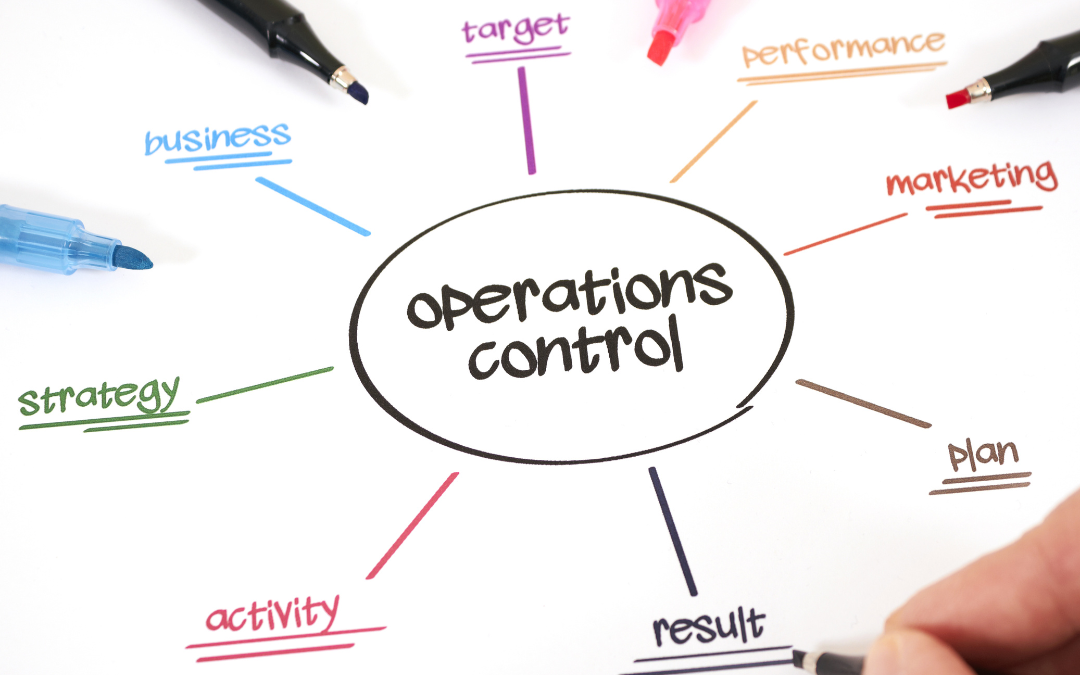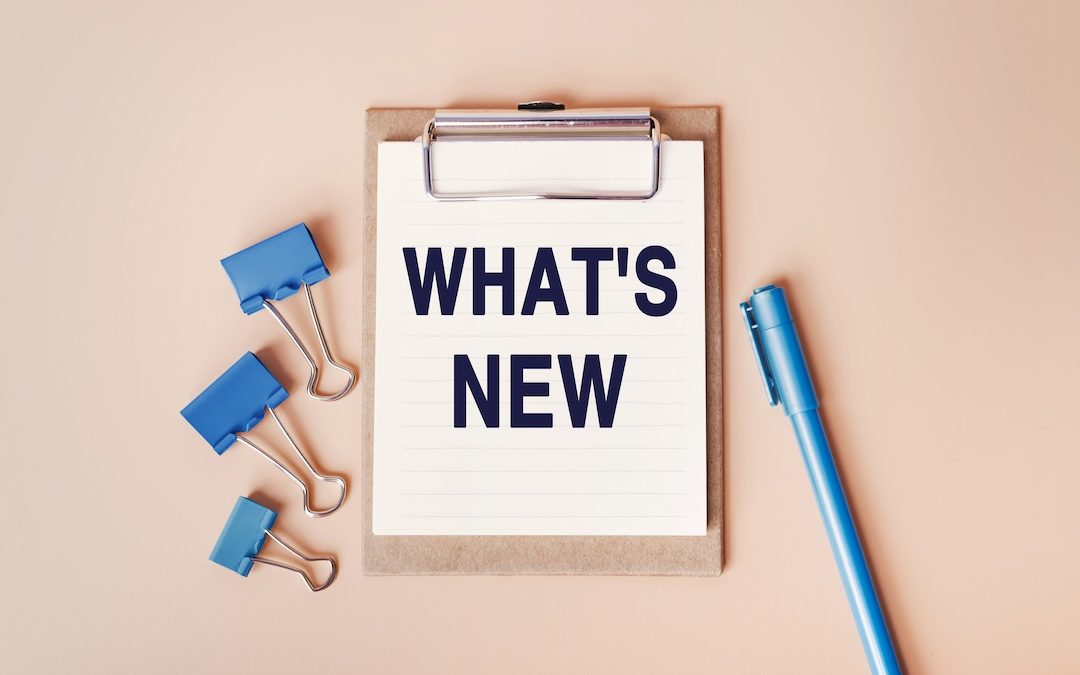In today’s rapidly evolving business landscape, where leads come from various sources and exhibit diverse behaviors, it’s crucial for businesses to identify and prioritize prospects efficiently. HubSpot, offers a powerful feature called “Lead Scoring” that allows businesses to do just that.
In this comprehensive guide, we will delve into the intricacies of HubSpot Lead Scoring, exploring its fundamentals, implementation steps, and its various aspects to help you harness its full potential.
Lead scoring is assigning values to leads based on their behavior and characteristics. This allows businesses to identify the most qualified leads and prioritize their follow-up efforts. HubSpot Lead Scoring uses a variety of factors to score leads, including:
- Demographic Information: Demographic attributes such as job title, company size, and industry play a significant role in lead scoring. The relevance of these attributes to your ideal customer profile can impact a lead’s score.
- Behavioral Data: Behavioral attributes encompass the actions and interactions of leads with your brand. This includes their engagement with your website, responses to email campaigns, and interactions with your content. The frequency and depth of these interactions contribute to their score.
- Engagement Metrics: HubSpot Lead Scoring considers various engagement metrics to gauge lead interest and commitment. Metrics such as the number of website visits, email opens, email clicks, content downloads, and event registrations provide valuable insights into lead behavior.
- Firmographic Data: Firmographic data pertains to attributes of the lead’s employing organization, such as company revenue, employee count, and geographic location. This information helps determine the lead’s alignment with your target market.
- Technographic Data: Technographic data focuses on the technology stack utilized by the lead’s organization. Understanding their tech preferences can provide insights into their compatibility with your solutions.
Once leads have been scored, businesses can use this information to segment their leads and create targeted marketing campaigns. They can also use lead scoring to identify the best time to contact leads and what type of content or offers will be most relevant to them.Once leads have been scored, businesses can use this information to segment their leads and create targeted marketing campaigns.
They can also use lead scoring to identify the best time to contact leads based on where they are in their buyer journey. For example, a lead who has recently downloaded a white paper may be more interested in a demo than a lead who has only visited the website a few times. By understanding the lead’s stage in the buyer journey, businesses can provide them with the most relevant and timely information, which can increase the chances of converting them into customers.

Lead scoring is a powerful tool that can help businesses improve their lead generation and conversion rates. By implementing HubSpot Lead Scoring, businesses can identify their most qualified leads and prioritize their follow-up efforts. This can lead to increased sales and revenue.
Here are some of the benefits of using HubSpot Lead Scoring:
- Identify your most qualified leads
- Prioritize your follow-up efforts
- Improve your lead generation and conversion rates
- Increase sales and revenue
- Save time and money
- Improve your marketing ROI
- How Scoring Works in HubSpot
HubSpot Lead Scoring operates by assigning points to leads based on predefined criteria. These criteria can encompass a wide range of factors, including demographics, behavior (e.g., website visits, email opens, and form submissions), engagement with your content, and more. As leads interact with your website, emails, and other marketing efforts, their scores are dynamically adjusted by HubSpot’s algorithm. This ensures that leads with higher scores receive more attention and personalized communication from your sales and marketing teams.
What to Do Before Getting Started
Before diving headfirst into lead scoring in HubSpot, it’s essential to lay the groundwork for success. Here are some critical steps to take:
- Define Your Ideal Customer Profile (ICP): Clearly outline the characteristics of your ideal customer, such as industry, company size, and location.
- Create Buyer Personas: Develop detailed buyer personas to understand your audience’s pain points, motivations, and preferences.
- Align Sales and Marketing: Ensure that your sales and marketing teams are on the same page, with clear communication and shared goals.
Why Use HubSpot Score for Your Leads?
HubSpot Score is a powerful tool that can help you improve your lead management and sales performance. Here are just a few of the benefits of using HubSpot Score:
- Improved efficiency: By prioritizing leads based on their score, you can ensure that your sales team is spending time on the most promising prospects. This can save you a lot of time and resources.
- Increased sales conversion: Targeting high-scoring leads with personalized messaging and offers can increase the likelihood of conversion. This is because high-scoring leads are already interested in your product or service, so they are more likely to respond to your outreach.
- Enhanced lead nurturing: With lead scores, you can tailor your lead nurturing campaigns to align with each lead’s interests and needs. This can help you keep leads engaged and interested in your product or service, which can lead to more conversions.
HubSpot Lead Scoring Models
HubSpot provides various lead-scoring models to cater to different business needs and preferences. Here’s an overview:
Manual Lead Scoring –
In manual lead scoring, your team defines and assigns scores based on subjective judgment and experience. While it offers flexibility, it can be time-consuming and subject to human bias.
Predictive Lead Scoring –
Predictive lead scoring leverages machine learning algorithms to predict a lead’s likelihood to convert. It analyzes historical data, lead attributes, and behaviors to make accurate predictions.

Logistic Regression Lead Scoring –
Logistic regression lead scoring is a statistical method that models the relationship between lead attributes and conversion likelihood. It provides a data-driven approach to lead scoring.
Lead Scoring Based on Fit and Activity –
This model combines two key aspects: fit (how well a lead aligns with your ideal customer profile) and activity (how engaged a lead is). It offers a holistic view of lead quality by considering both demographics and behavior.
What are HubSpot Score Attributes?
HubSpot allows you to define score attributes based on lead characteristics and behaviors. Common attributes include lead source, company size, industry, website visits, email opens, form submissions, and more. These attributes are the foundation for calculating a lead’s score and determining their qualification level.
How to Set Up HubSpot Lead Scoring?
Implementing HubSpot Lead Scoring involves a series of steps:
- Define Your Scoring Criteria: Identify which attributes and activities are most relevant to your business and align with your ICP.
- Assign Score Values: Assign numerical values to each criterion, reflecting their importance in the lead qualification process.
- Set Thresholds: Establish score thresholds that categorize leads as hot, warm, or cold. These thresholds determine how leads are prioritized.
- Configure HubSpot to automatically update lead scores as leads interact with your content and meet predefined criteria. This will save you time and ensure that your lead scoring system is always up-to-date.
Overall, the process of setting up HubSpot lead scoring can be improved by adding more detail and explanation to each step. This will help you create a more accurate and effective lead-scoring system.
Tips for Effective HubSpot Lead Scoring
To ensure your HubSpot Lead Scoring system operates optimally, consider these tips:
- Regularly Review and Adjust Criteria: Market dynamics change, so periodically revisit and update your scoring criteria to remain relevant.
- Collaborate with Sales: Maintain open communication with your sales team to ensure alignment on lead scoring definitions and lead hand-off processes.
- Monitor and Iterate: Continuously monitor the performance of your lead scoring model, making adjustments as needed to improve accuracy.
FAQs on HubSpot Lead Scoring
– Does HubSpot Have Lead Scoring?
Yes, HubSpot offers a robust lead-scoring feature as part of its CRM platform.
– How is HubSpot Score Calculated?
HubSpot calculates lead scores based on predefined criteria, including lead attributes and activities. These scores are updated in real time as leads engage with your content and meet the specified criteria.
– How Do You Implement HubSpot Lead Scoring?
To implement HubSpot Lead Scoring, define scoring criteria, assign score values, set thresholds, and configure automation settings within your HubSpot CRM.
– How Do I Find My Lead Score in HubSpot?
In HubSpot CRM, you can easily find a lead’s score by accessing their contact record, where the score is prominently displayed.










